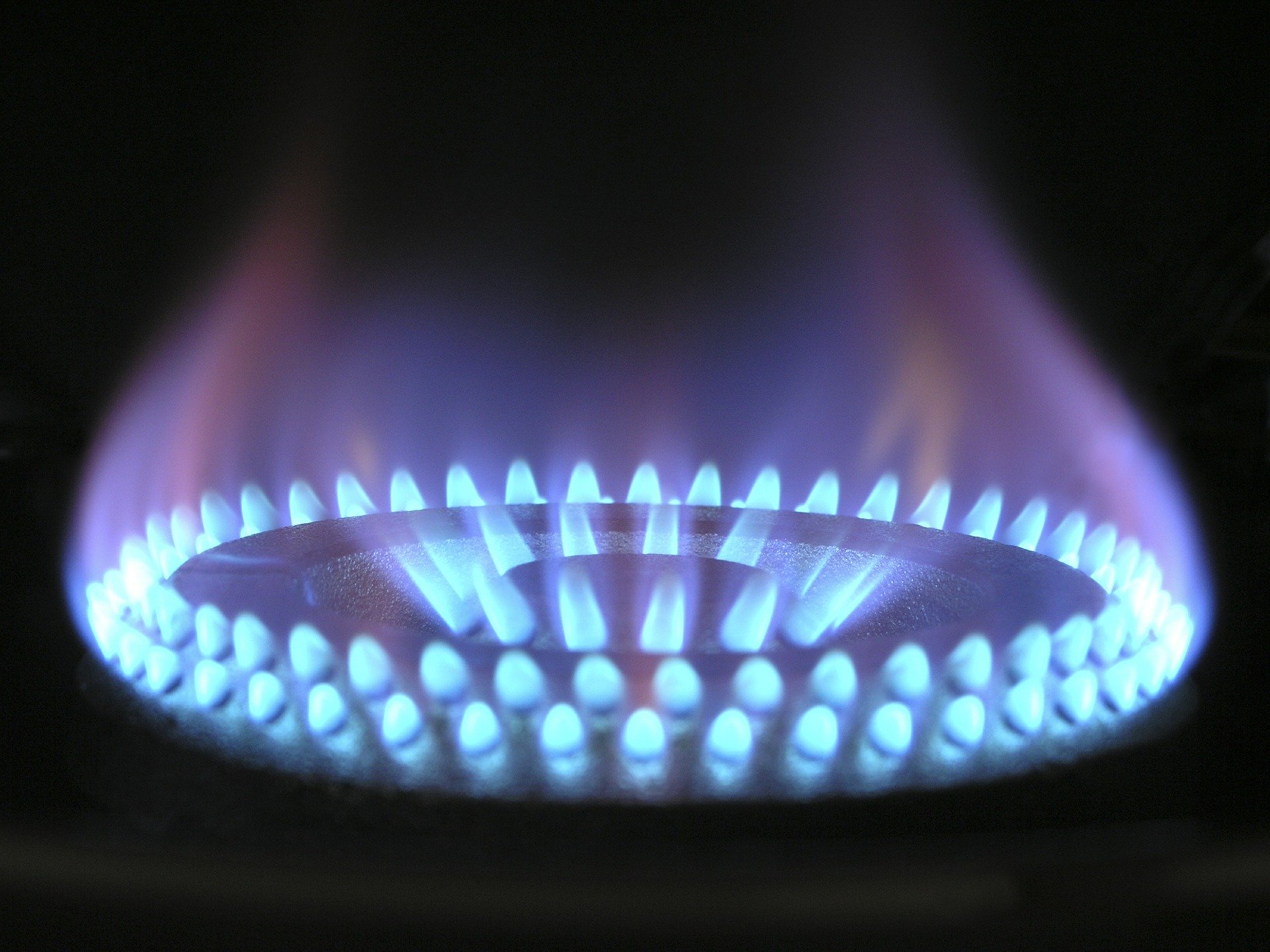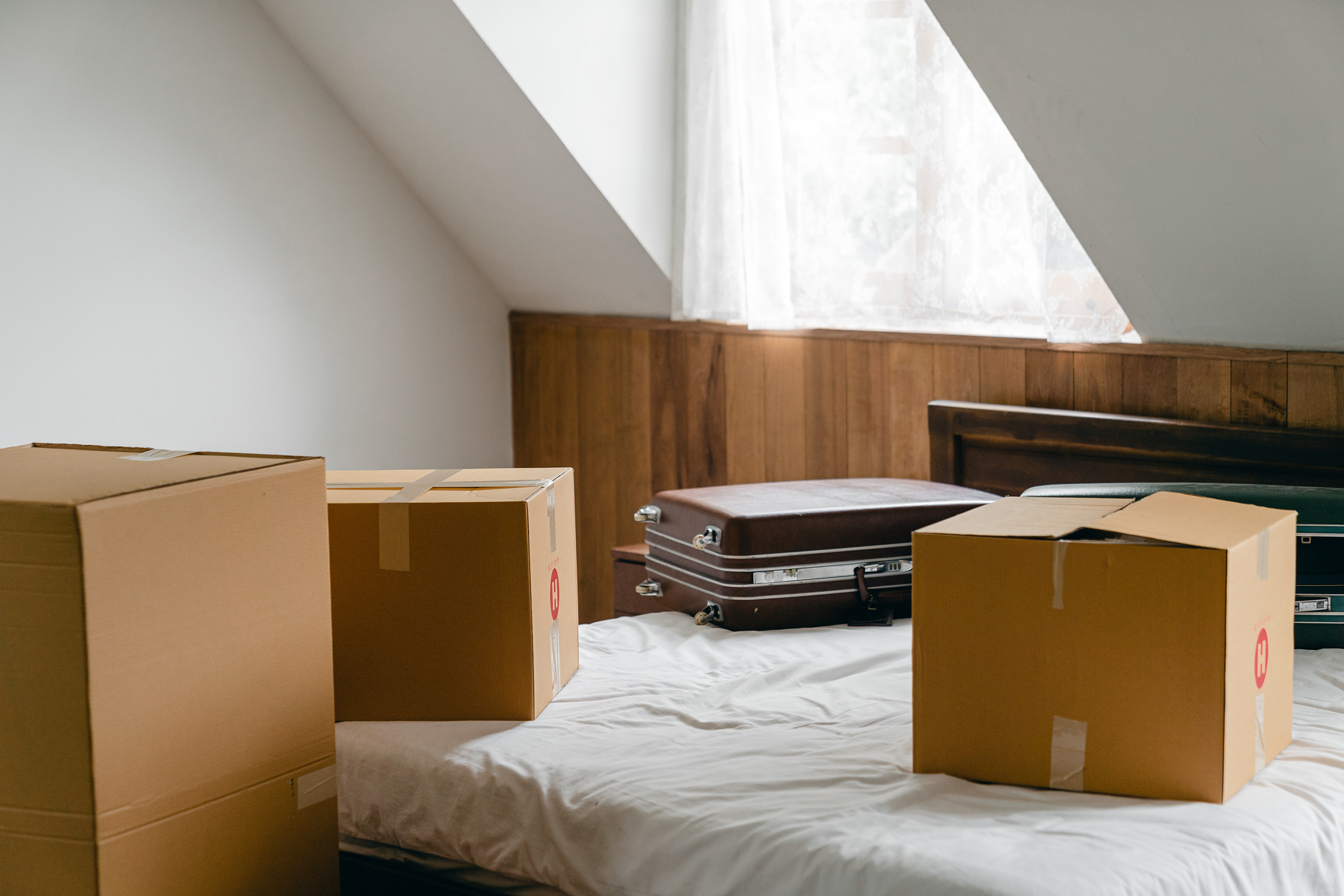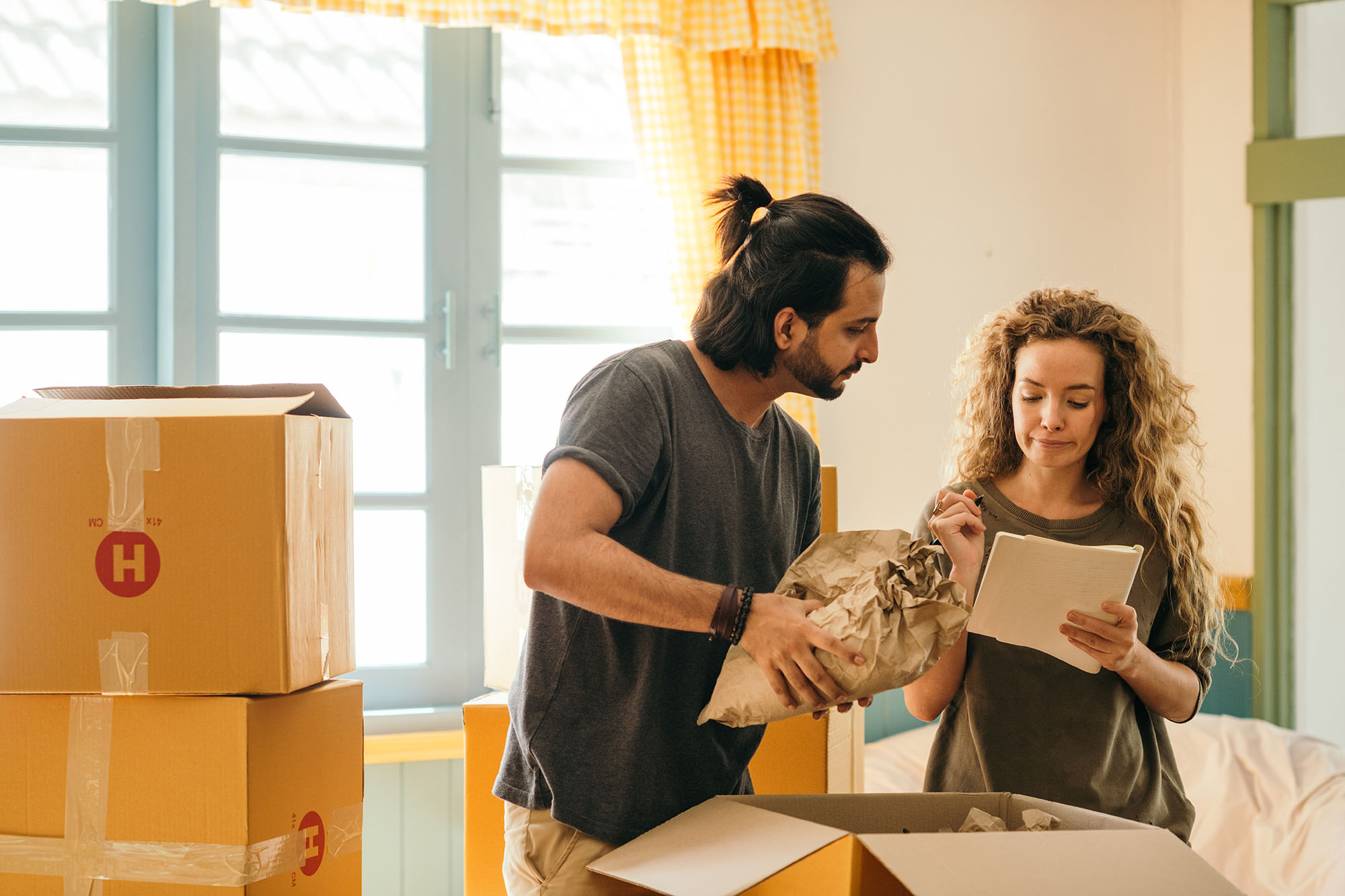In this two-minute read, we look at how you can keep your home and family safe as the weather turns colder.
Next Monday (September 14th) sees the tenth annual Gas Safety Week begin.
The awareness campaign is timed to get people thinking about and checking their gas appliances as the autumn starts to take hold.
Gas Safety Week’s goal is to raise awareness among homeowners about the crucial importance of having their gas appliances serviced every year.
Here’s a question for you – When was the last time you had yours checked?
If it’s been over 12 months, you need to act now and get them checked by a qualified gas engineer.
Gas Safety Week reminds people of the dangers of poorly maintained gas appliances, which can lead to gas leaks, fires, and carbon monoxide poisoning. All of which can kill.
Here are four simple steps you can do to keep you and your family gas safe.
1) Have your gas appliances checked every 12 months.
2) Verify that any engineer you employ is Gas Safe registered (previously called CORGI). Gas Safe engineers work to a set standard and are tested regularly.
3) Check your engineer’s Gas Safe ID card. Any engineer worthy of employing will have no issue showing you this, and you can verify it online with the Gas Safe Register.
4) Install an audible carbon monoxide alarm and test it regularly – this is a potential lifesaver.
When it comes to anything gas related in your home, it’s always wise to think ‘if in doubt get it checked out’.
How safe is Bristol?
The Gas Safe Register website has a map which shows all the dangerous gas appliances that have been found in Bristol. To check it out, visit https://www.staygassafe.co.uk/
The demand for gas safety and heating engineers surges in October and November as boilers and heaters start firing up after the summer lull.
So, with that in mind, book your home’s appointment with a Gas Safe registered engineer in advance and beat the rush and possible delays.
If you think this article will be helpful to someone you know, why not tag them in the comments or share it with them?
Thanks for reading and stay safe outdoors AND indoors.






Share this with
Email
Facebook
Messenger
Twitter
Pinterest
LinkedIn
Copy this link